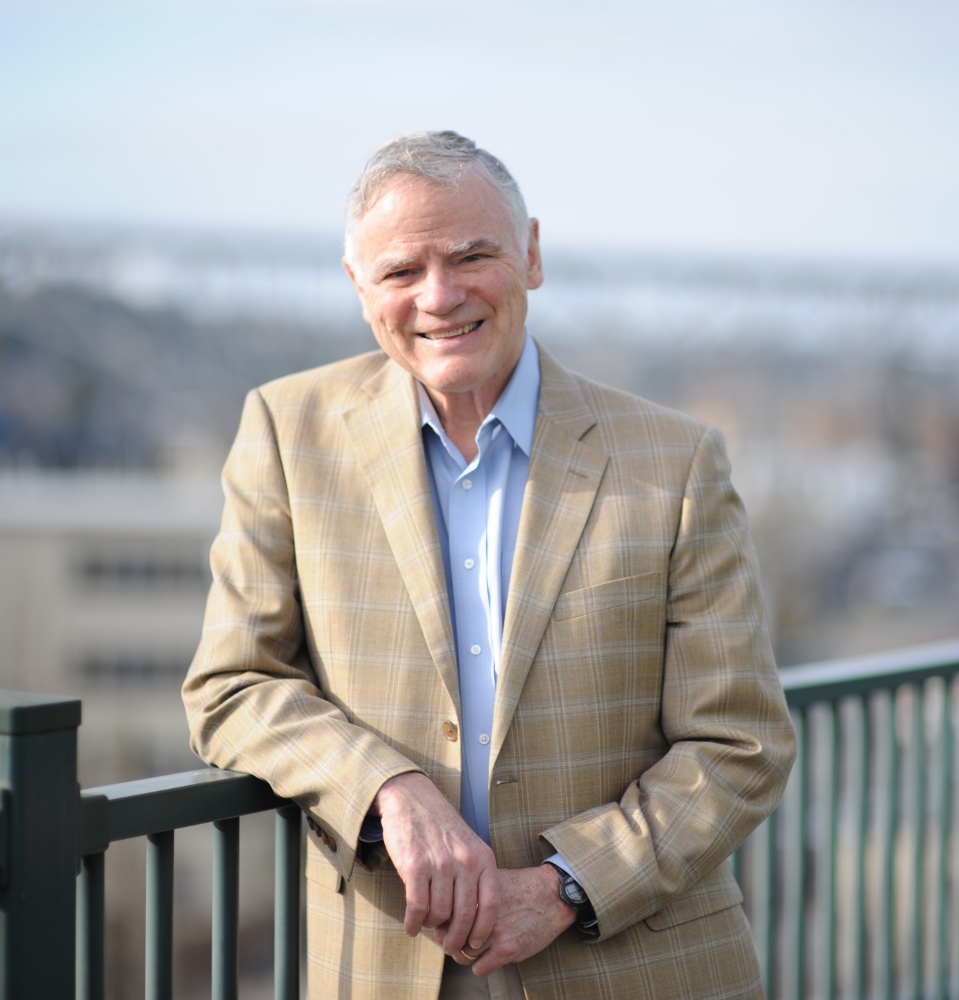 Dr. Leroy Hood is the President and co-founder of the Institute for Systems Biology. Known as the father of systems biology, Dr. Hood is one of the most renowned scientists alive today, with over 700 publications, 36 patents, and 17 honorary degrees. He has pioneered the fields of genomics, proteomics, and immunology, but his background in science precedes his professional career. Dr. Hood's scientific interests were cultivated in high school, where he excelled in science and math and won the Westinghouse Prize (now Intel Science and Engineering Fair). He attended the California Institute of Technology, where he studied biology, and attended Johns Hopkins University to earn a medical degree. He returned to Caltech for his PhD and began his career as an immunologist and cancer biologist.
Dr. Leroy Hood is the President and co-founder of the Institute for Systems Biology. Known as the father of systems biology, Dr. Hood is one of the most renowned scientists alive today, with over 700 publications, 36 patents, and 17 honorary degrees. He has pioneered the fields of genomics, proteomics, and immunology, but his background in science precedes his professional career. Dr. Hood's scientific interests were cultivated in high school, where he excelled in science and math and won the Westinghouse Prize (now Intel Science and Engineering Fair). He attended the California Institute of Technology, where he studied biology, and attended Johns Hopkins University to earn a medical degree. He returned to Caltech for his PhD and began his career as an immunologist and cancer biologist.
Dr. Hood's best-known contribution to biotechnology was the invention of four devices that revolutionized medicine forever: the DNA and protein sequencers and synthesizers. These devices paved the way for the Human Genome Project and allowed for the development of the "Omics" disciplines. Dr. Hood's contributions continued as he became the Biology Chair at Caltech and moved to UW in order to head the Department of Molecular Biotechnology, the first-ever cross-dsicplinary academic department.
In 2000, Dr. Hood and his colleagues founded the Institute for Systems Biology with the goal of understanding biological complexity. He and his team ensured that their researchers were well-versed in a multiplicity of different fields and used the latest research methods to innovate.
Today, Dr. Hood continues to contribute to science and society with his efforts to advance P4 Medicine. P4 stands for predictive, preventative, personalized, and participatory, which encapsulate his vision to revolutionize healthcare into a quantified system that everyone can use to ensure their wellness.
When asked about science education, Dr. Hood had plenty to share with the interns. He emphasized the importance of curiosity and passion for science, indicating that the only problems worth solving in science are the hard ones. He advocates research education and encourages cross-disciplinary study in higher education.
